The Ministry of Public Health (MoPH) has introduced the human papillomavirus (HPV) vaccine among the list of approved vaccines in Qatar, as an optional vaccine.
The introduction of the HPV vaccine comes within the framework of the Ministry of Public Health's strategy to protect community members from cervical cancer.
Dr Hamad E al-Rumaihi, director of Health Protection & Communicable Diseases Division – MoPH, said: "The introduction of the HPV vaccine in the list of approved vaccines comes as part of the Ministry of Public Health continuous effort to prevent and reduce the burden of communicable/vaccine preventable diseases in Qatar. In line with this, MoPH continuously updates its recommendations and introduces new vaccines.”
Dr al-Rumaihi added that the World Health Organisation (WHO), Food and Drug Administration and the European Medicines Agency have recommended the use of the HPV vaccine, as it is used in 125 countries over the world in their national immunisation programmes, noting that the new vaccine has the potential to prevent the HPV-related cancers and other conditions.
"HPV infections do not usually cause any symptoms which in majority of cases leads to delay in diagnosis. The vaccines protect individuals only from specific strains of HPV and the most effective way to prevent HPV infection is to get all the recommended shots at the specified age,” Dr Mona al-Maslmany, director of Communicable Disease Center (CDC), Hamad Medical Corporation (HMC), highlighted.
Dr Samya al-Abdulla, executive director of operations, PHCC, noted: “Considering the disastrous psychological, social, and economic burden of cancer and the quality of life of both individuals and families, it is a priority to make all possible efforts to prevent it, whenever possible. Fortunately, there is a safe and effective vaccine to prevent HPV-related cancers. We have added HPV vaccination to our routine preventive services in primary health care centers. We encourage all target populations - or their parents - to ensure that they receive the HPV vaccine and thus protect themselves, and their children.”
“The HPV vaccine in Qatar can protect against nine types of HPV which account for around 95% of cervical cancer causes and around 90% of warts. Thus, using HPV vaccine helps protect girls and boys against several types of cancer and warts caused by this virus. The primary target of HPV vaccine are girls and boys aged 11-26 years. For the age group 11-14 years, the vaccine will be given in a two doses series and for teens and young adults, 15-26 years, it will be given as three doses,” explained Dr Soha S Albayat, head of Vaccination Section, MoPH.
"People in high-risk groups up to 45 years old may also benefit from the vaccine. However, the HPV vaccine works best when received at younger ages. The vaccine will be provided free of charge at all PHCC centres and the CDC.”
She added that a training workshop will be organised on May 20 to introduce to health sector cadres to the vaccine, and explain how to maximise its benefits in preventing HPV infection, as well as all the details related to obtaining the vaccine for the target groups.
Dr Afaf al-Ansary, senior consultant - Women's Hospital – HMC, said: “HPV is a group of viruses, and the high-risk types are associated with the development of many cancers, including cervical cancer, cancers of the head, neck and
oropharynx, as well as with warts and respiratory papillomatosis. High-risk HPV types are highly associated mainly with cervical cancers. Many people will get HPV infection through their life, which in most cases resolve spontaneously. However, some of the infections with thehigh-risk types may persist over time, leading to cancers. HPV cannot be treated, but with the HPV vaccine it could be prevented.”
The HPV vaccine has been used in many countries of the world for several years and its safety and effectiveness are monitored by several global organisations, including the US Center for Disease Control and Prevention, WHO and the
European Medicines Agency. Evidence has shown that the vaccine is safe and effective.
Parents can also speak to doctors to discuss the need to vaccinate their children with HPV vaccine.
Qatar
MoPH adds HPV vaccine to approved list in Qatar
Vaccine will be provided free of charge at all PHCC centres and CDC
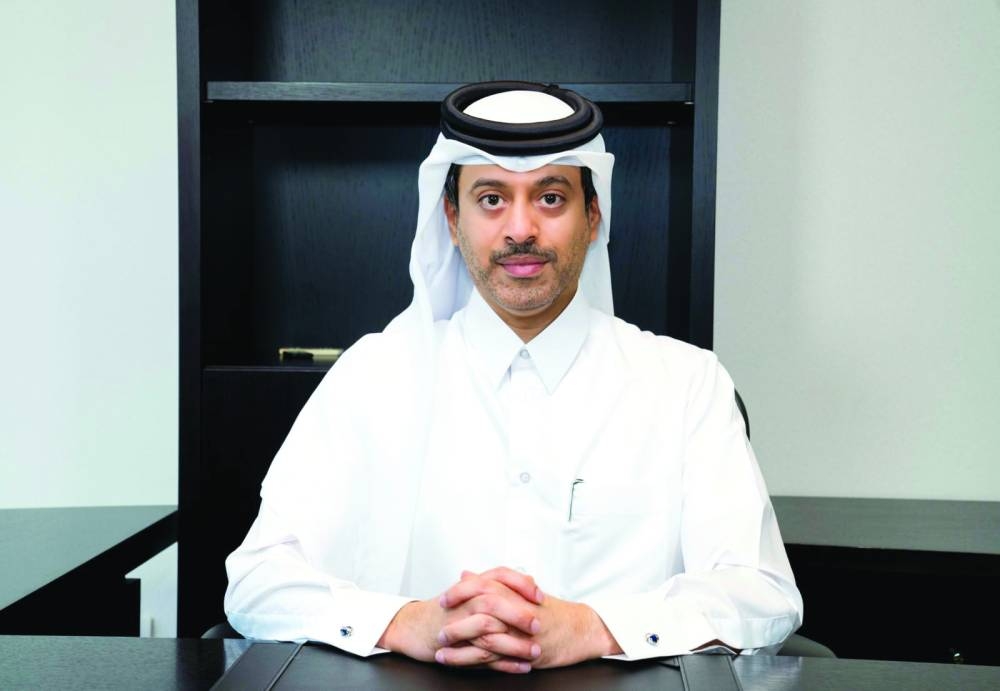
Dr Hamad E al-Rumaihi.
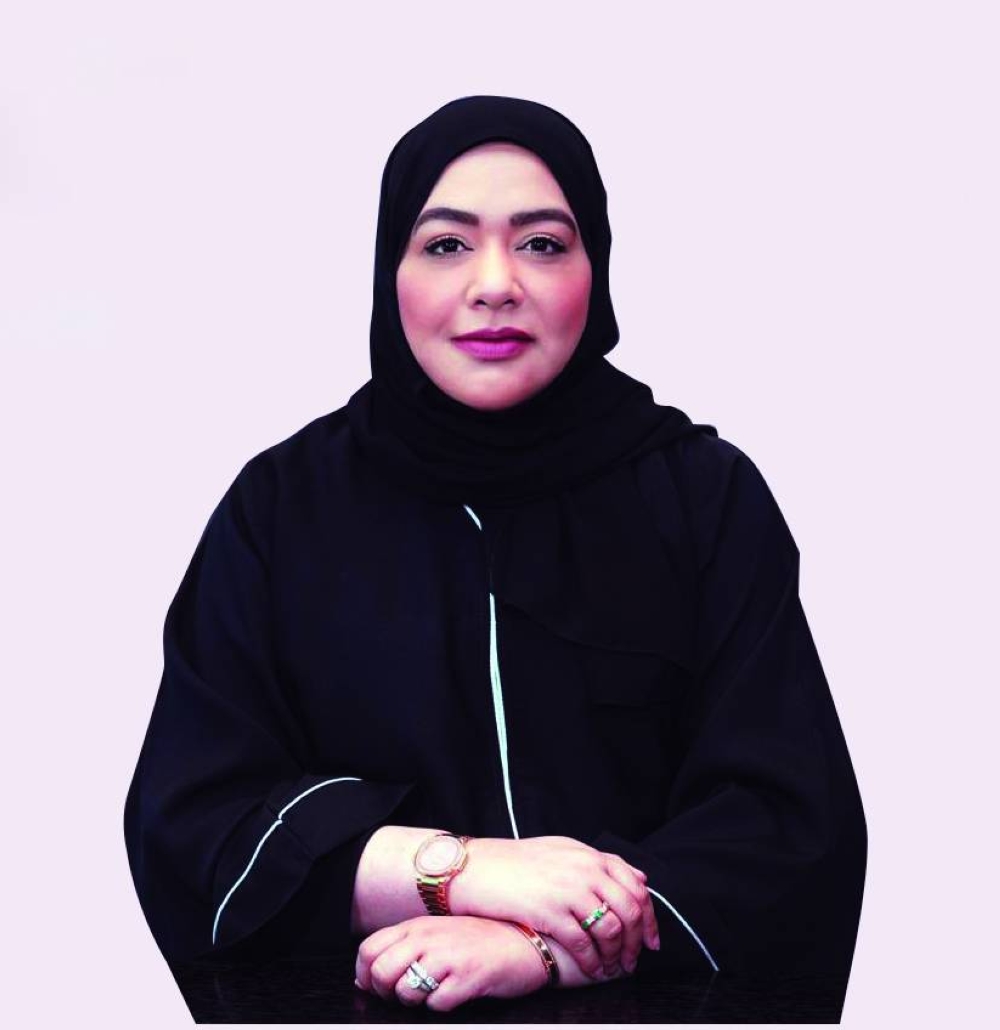
Dr Soha S Albayat
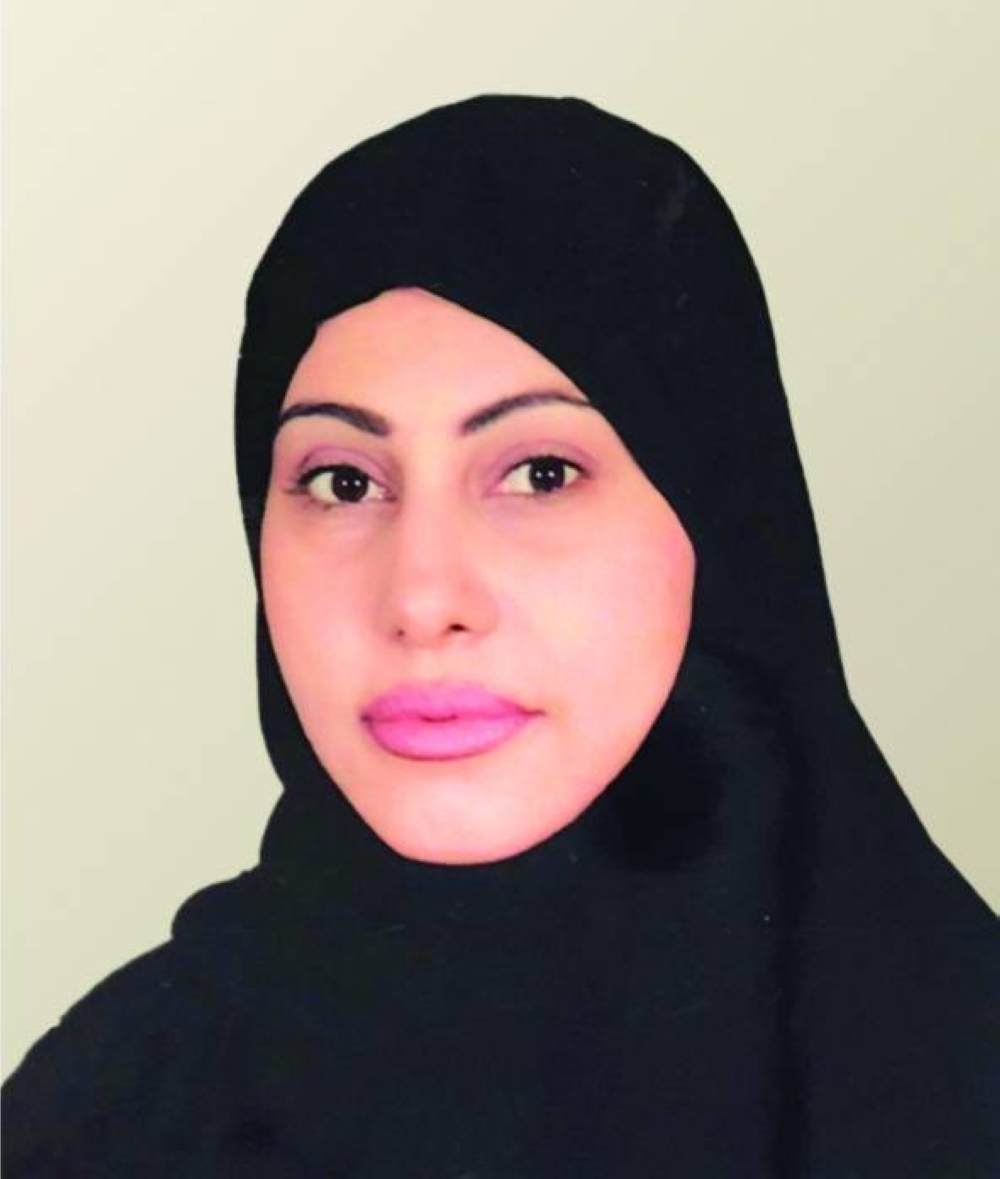
Dr Afaf al-Ansary
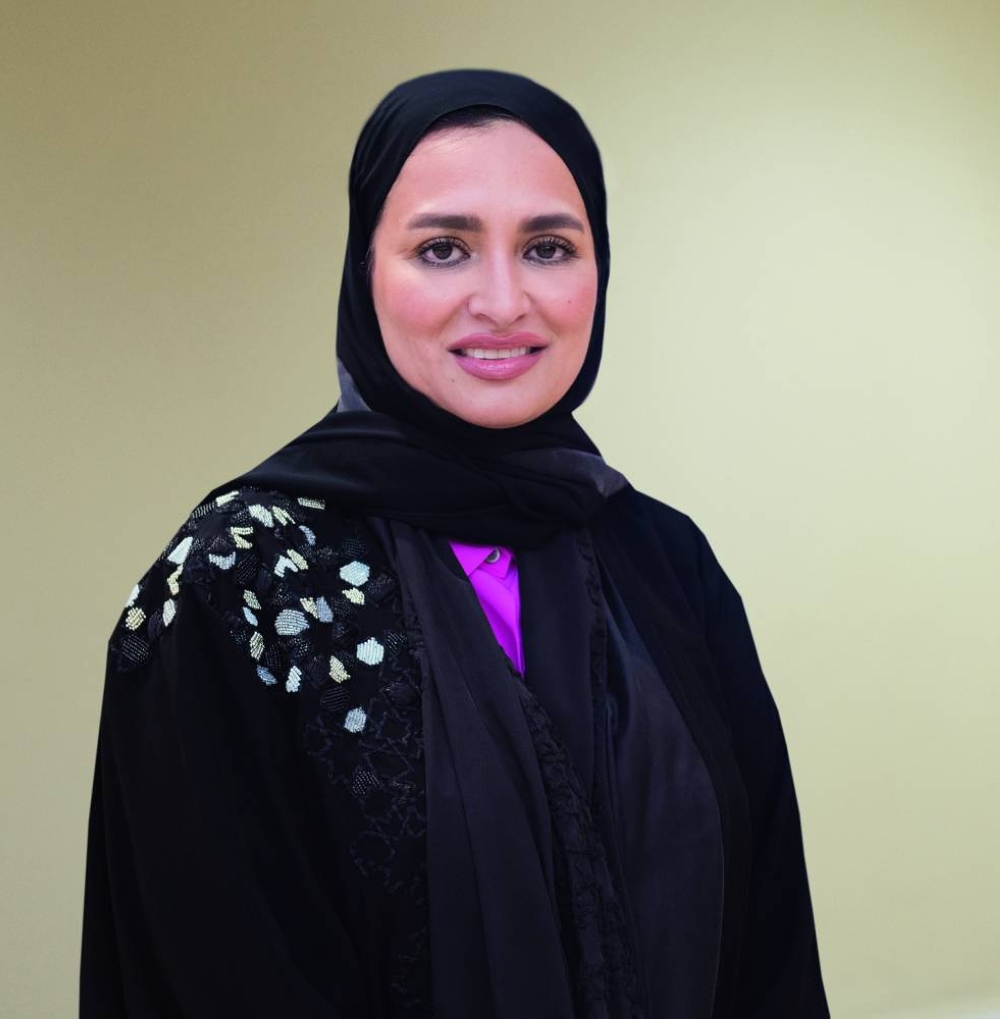
Dr Mona al-Maslmany
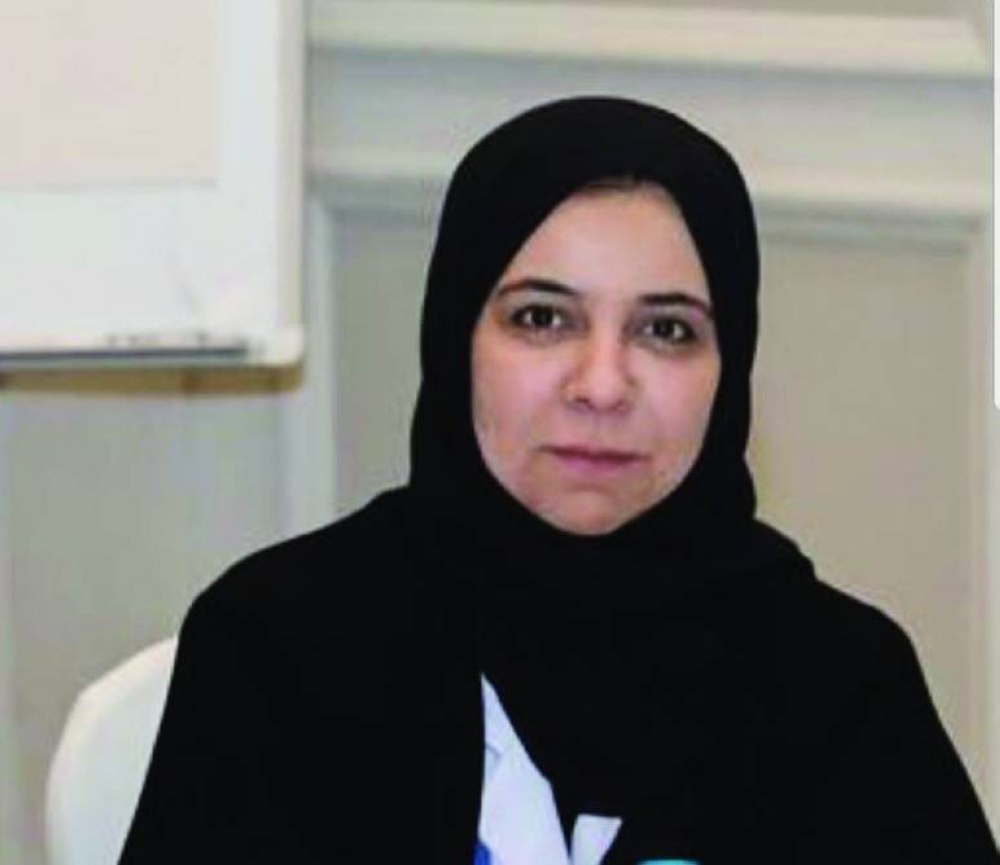
Dr Samya al-Abdulla
